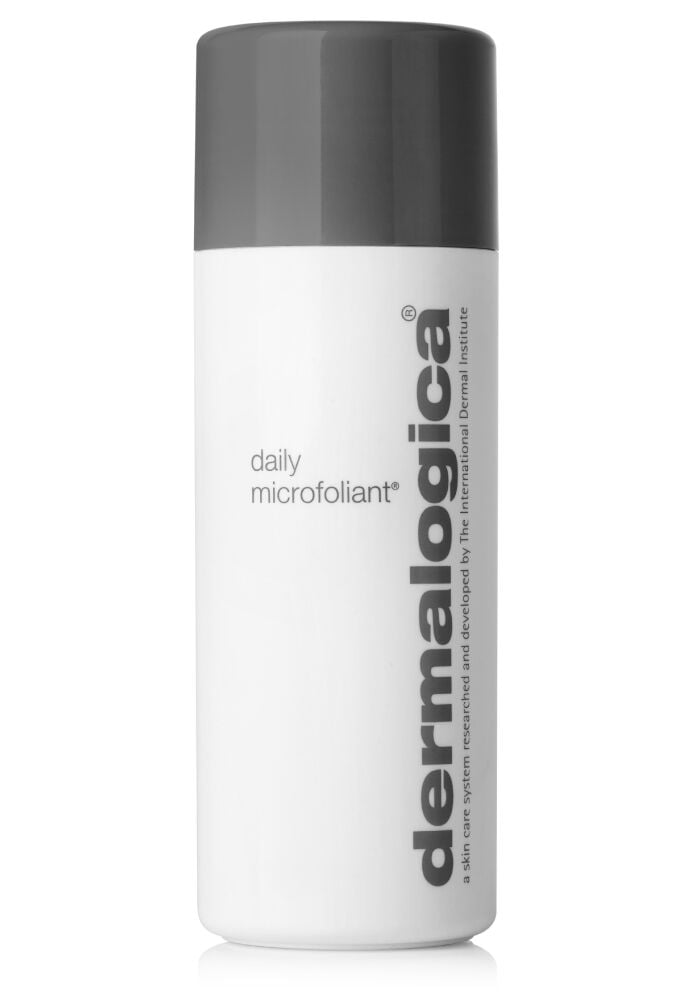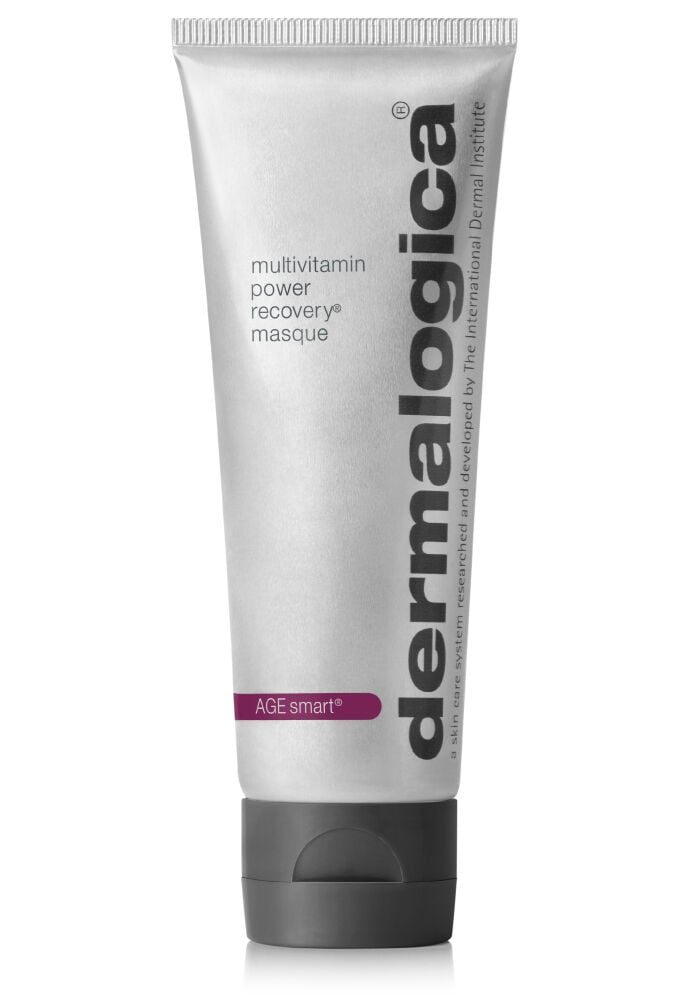 Winter products need to address
the effects of the harsher environment; ingredients such as silicones are a
godsend, creating invisible shields to protect our skin against dehydration and
can even repair an impaired barrier. Having powerful anti-inflammatory
ingredients that reduce redness and irritation, such as Panthenol (B5), Oat
Kernel (Avena Sativa), and nourishing, softening emollients such as Evening
Primrose Oil and Shea Butter with various peptides that repair and restore the
skin, are essential in winter.
Winter products need to address
the effects of the harsher environment; ingredients such as silicones are a
godsend, creating invisible shields to protect our skin against dehydration and
can even repair an impaired barrier. Having powerful anti-inflammatory
ingredients that reduce redness and irritation, such as Panthenol (B5), Oat
Kernel (Avena Sativa), and nourishing, softening emollients such as Evening
Primrose Oil and Shea Butter with various peptides that repair and restore the
skin, are essential in winter.
Here are some comforting skin care tips to get your clients through the winter season:
Though drinking water is good for you, it doesn’t correlate directly to having hydrated skin; it’s better to rely on products that protect the barrier function and prevent moisture loss. One of my top 5 favorite ingredients is Hyaluronic Acid, which has the ability to hold 1000 times its own weight in moisture; its ‘big brother,’ Cross-linked Hyaluronic Acid, is amazing too. An important part of caring for this condition is exfoliation, such as hydroxy acid and/or digestive enzyme products, either wash off or leave on—both are good and many can be combined. Mild exfoliation can be done daily, more active, two to three times per week.
To boost the moisture and regain the ‘plumpness’ in the skin, apply layers of a hydrating serum, toner and moisturizer (as the skin responds well to layering). Daily use of hydrating serums really keep the skin moist and supple. The hydrating spritz toner will boost moisture levels and reduce the quantity of moisturizer needed (an added bonus), and can be used throughout the day over makeup to give a real surge in moisture levels. Moisturizer doesn’t need to be heavy or contain a lot of oil; the skin is lacking moisture not oil. Try a medium weight moisturizer with a minimum of SPF30 that is designed to nourish, protect and, more importantly, hydrate. For an added boost to parched skin, apply a hydrating gel masque once a week, ensuring it goes close the corners of the nose, mouth and eyes to target those extra dry patches.
Comfort for dry, irritated skin. Firstly, use a milky, creamy cleanser that has a light vegetable oil base such as Safflower Oil—it’s the perfect start to a winter skin care routine. Exfoliation will prevent the skin feeling taught, rough and flaky and it will help eradicate any dry patches. Avoid scrubs and opt for microfoliation instead, this will very gently ‘polish’ the skin surface using Rice Bran and Rice Extract. Vitamins are terrific in elevating dry, irritated skin, especially in multi-vitamin ‘power packed’ serums and masques. Recommend those containing a complex of Vitamin A, C and E, Panthenol (B5) and Beta Glucan as each vitamin has its own unique benefit to the skin.
Using a night-time oil based serum will provide extra nourishment. Look for Argan, Rosehip Seed and Rose Oil blended with essential oils and combined with peptides, to deeply replenish lost oils and give lackluster skin a fresh, dewy appearance. Include moisturizers that ‘work smart’ for the skin. Ideally containing Vitamins A, C, E, Panthenol (B5) and Beta Glucan, essential fatty acids, peptides and antioxidants. Don’t forget to mention adding a few extra drops of oil to a bath or body moisturizer for that extra skin nourishment for the entire body.
Comfort for red, itchy eyes. All your eye care products need to be soothing and calming; it’s important to avoid those that contain Retinol, hydroxy acids and artificial fragrance. When the corners of the eye become very dry and irritated, recommend the use of a Silicone moisturizer (which is anhydrous) to protect and repair the impaired barrier of the skin and alleviate the irritation.
Be extremely gentle with the lips. Avoid any harsh exfoliation or products that ‘sting’ or can be possibly drying. Keep the lips soft and smooth by using a microfoliant every other day over the lips. If you’re ‘addicted’ to applying lip balm/stick, bear in mind that your ideal lip product is designed to protect from harsh climates and is rich in essential fatty acids and oils such as Avocado and Wheat Germ, Shea Butter and Cacao Seed Butter.
Extra winter-care tips for to give your client:
- Try to avoid using very hot water including showers and baths, this will prevent increased dehydration and sensitivity.
- If you have the heat on, combat the dry climate by placing a bowl of water in the room, it's better to have the water evaporates from the bowl than from your skin.
- Apply a sunscreen with SPF30 at minimum, you need to protect against UVA all year round.
- Watch your caffeine intake, keep coffee, tea, etc. to a minimum.
- Eat more good fats (avocado, nuts and oily fish) to keep the skin moisturized.
Photography: Shutterstock





